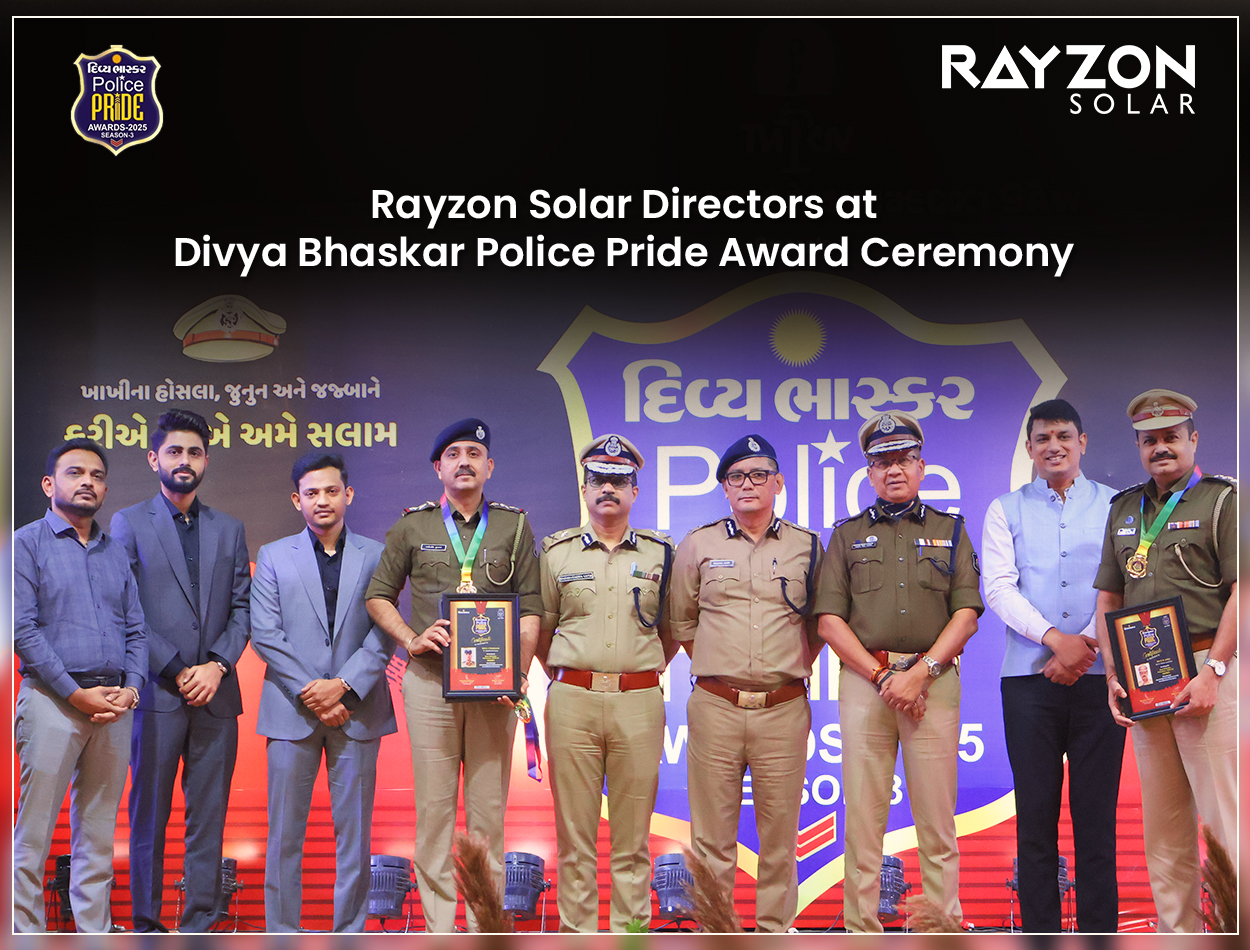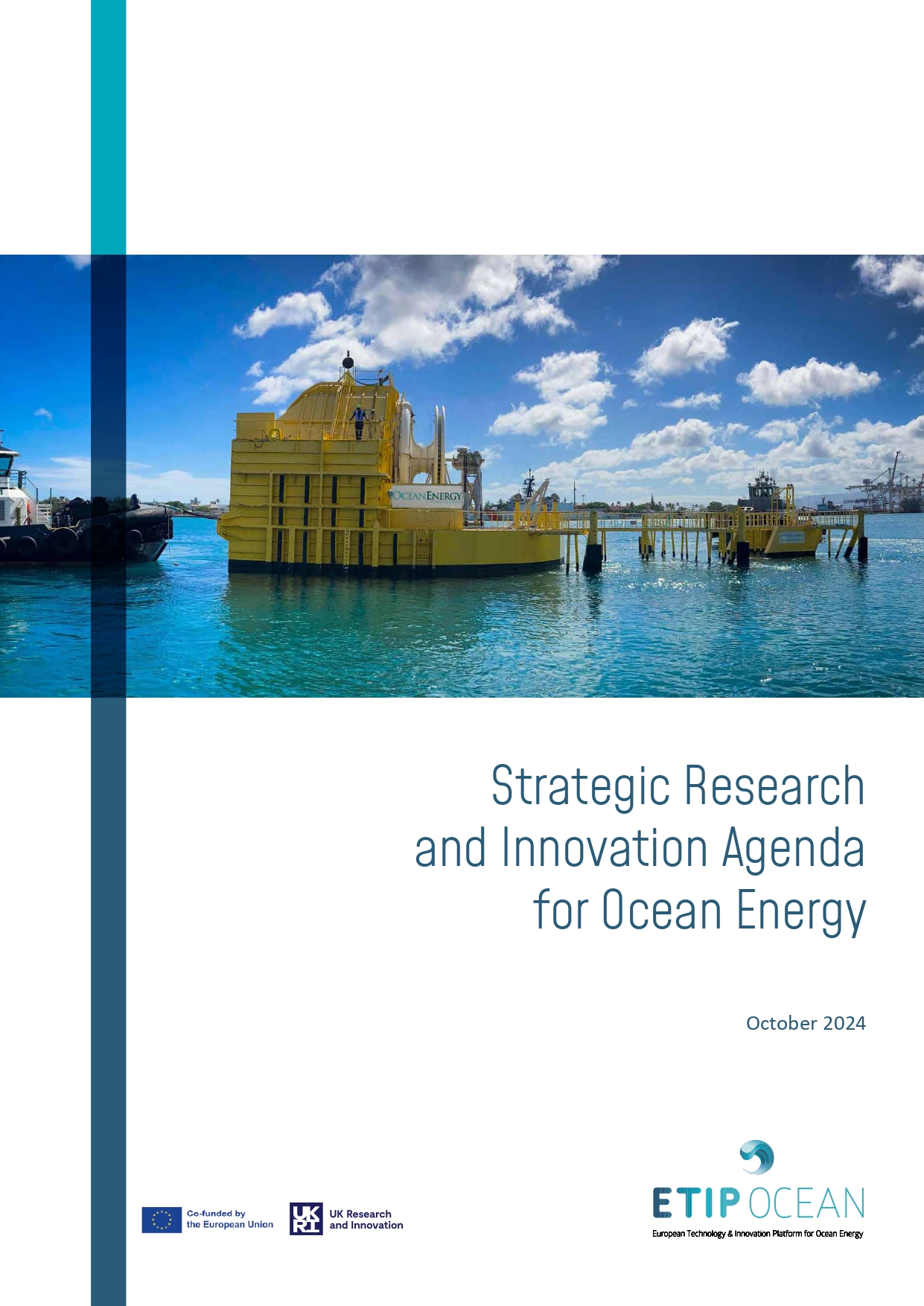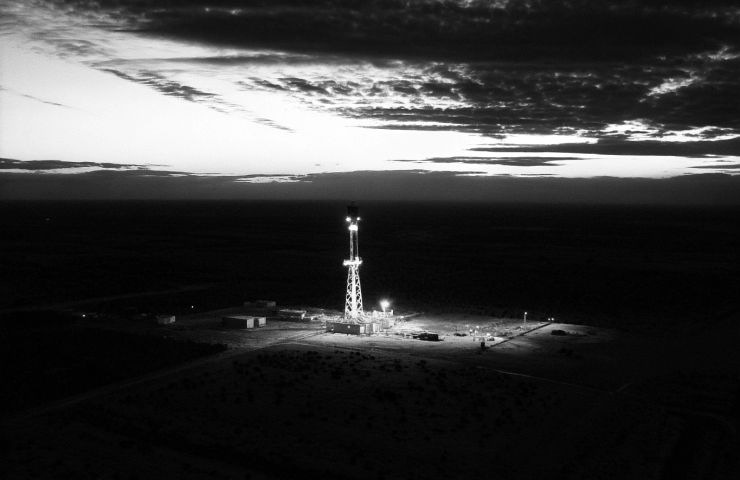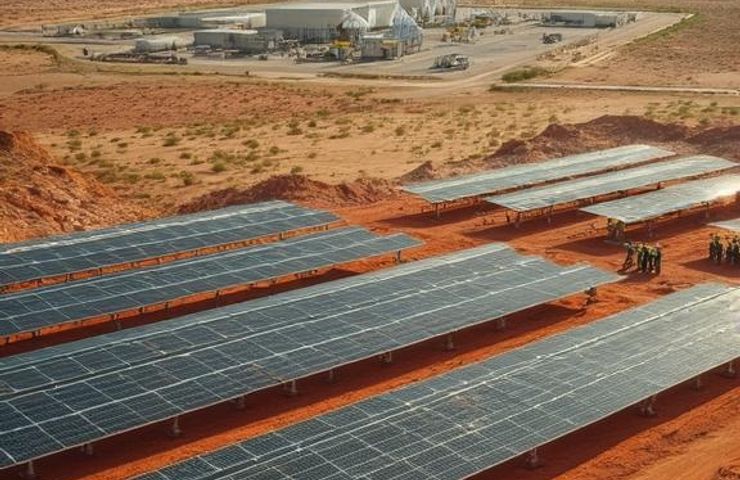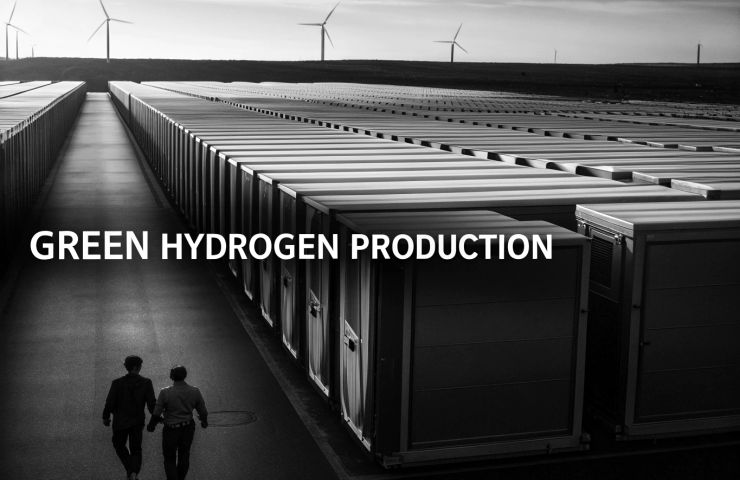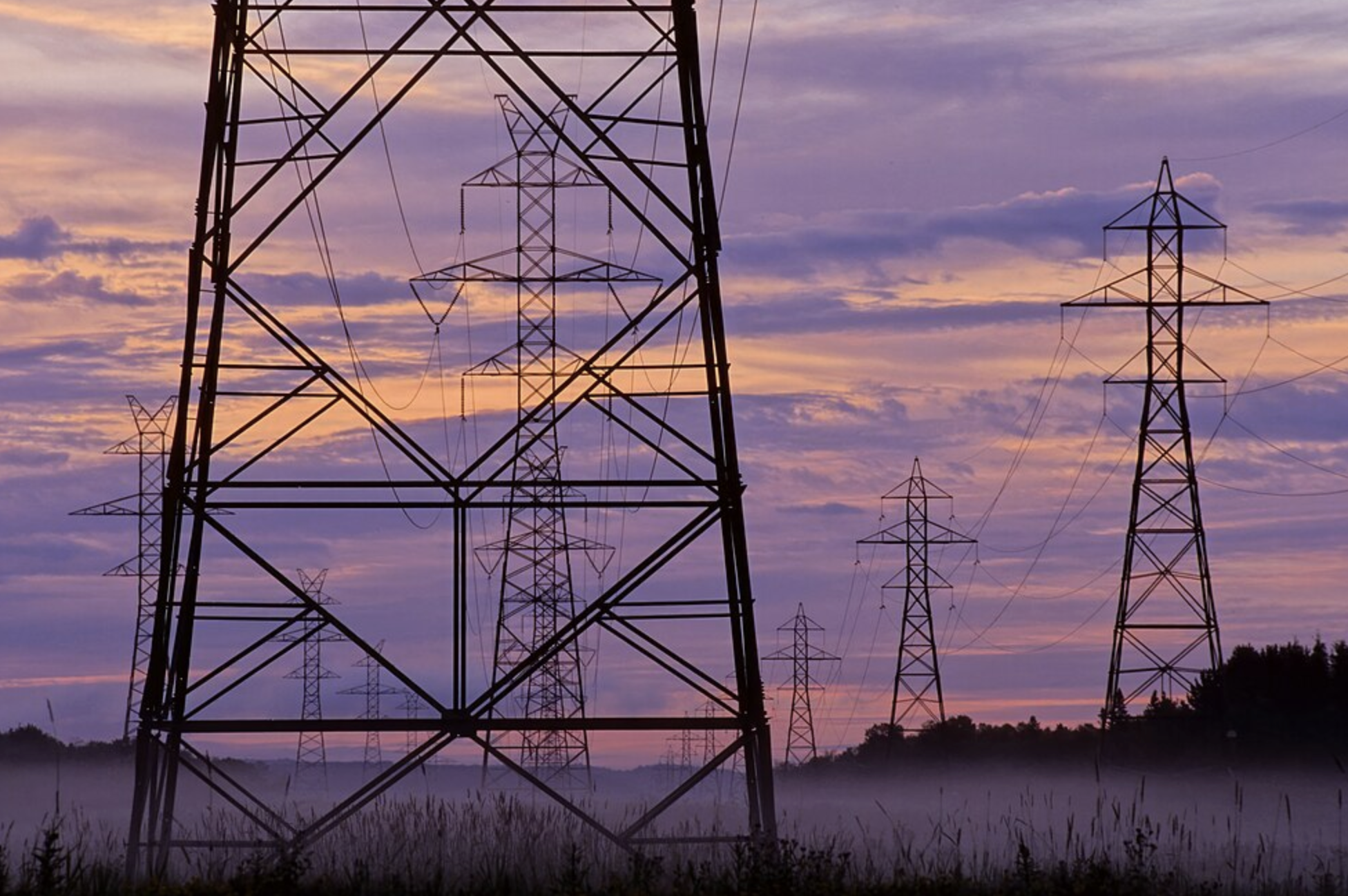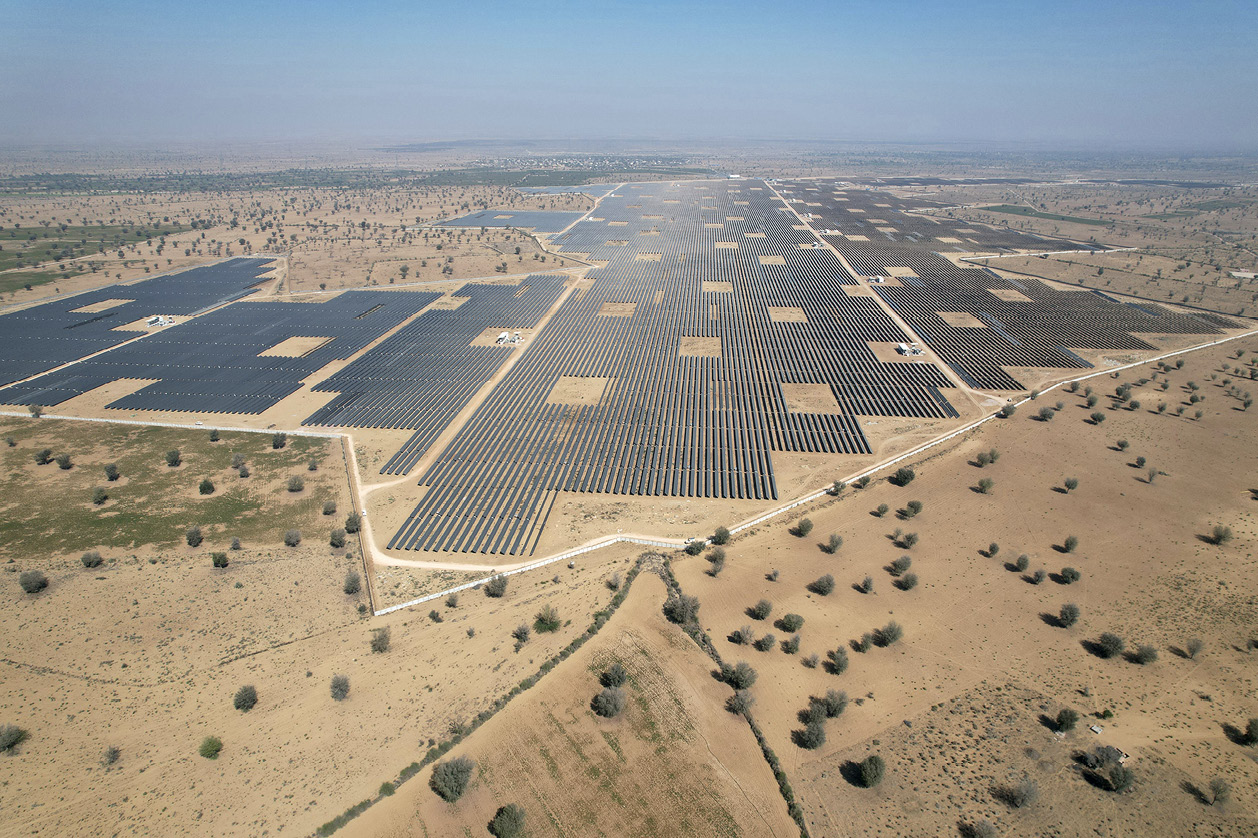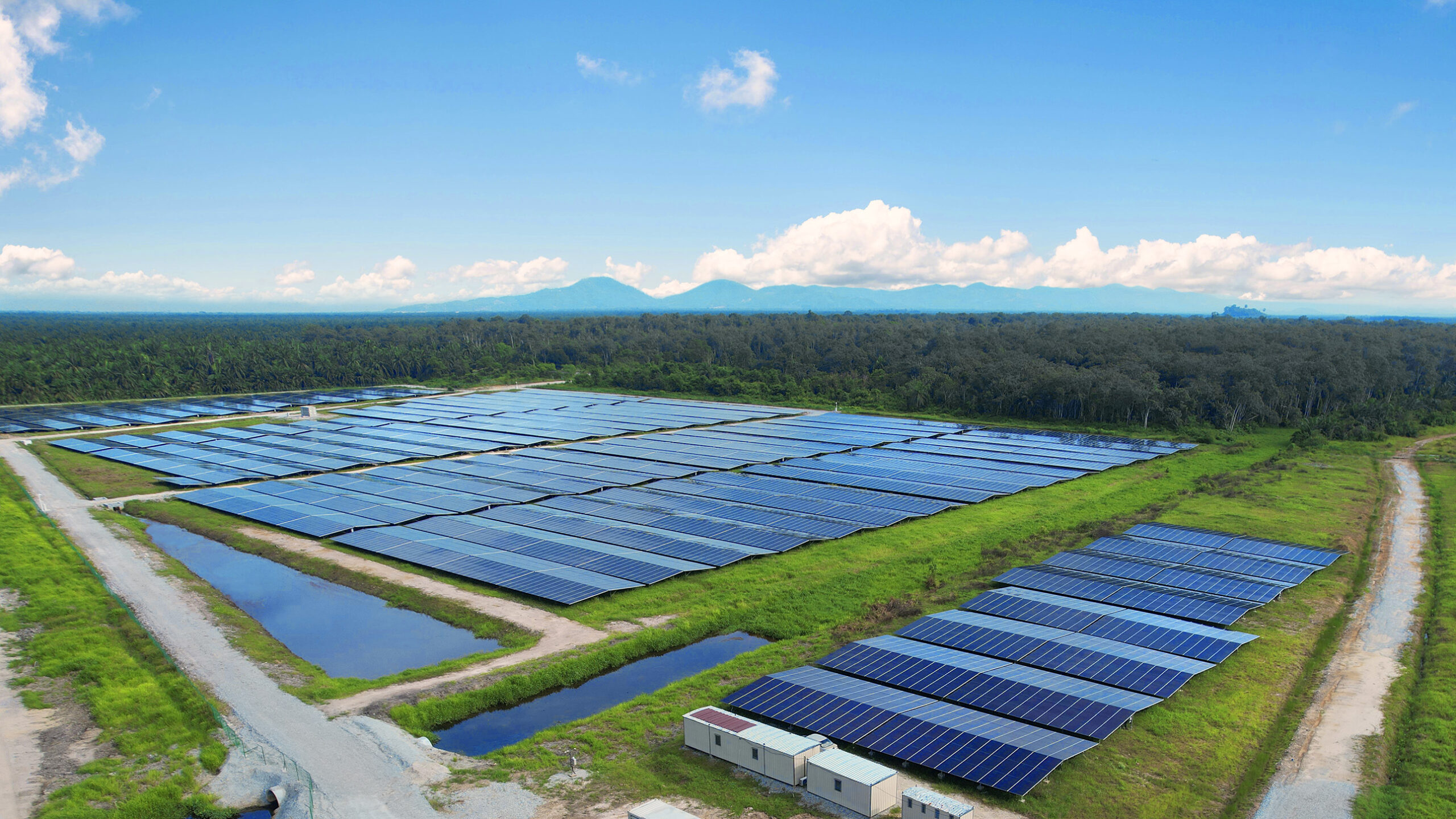The urgent call to transform leadership in the face of solar slowdown
This week, WiSEu Network – Women in Solar+ Europe reflects on SolarPower Europe’s forecast of a 1.4% drop in EU solar growth for 2025, the first decline since 2015, and why this signals more than just a market slowdown. To meet 2030 targets, we don’t just need better strategies; we need a transformation in leadership itself. That means dismantling centuries-old biases that equate leadership with dominance and detachment, and embracing a fuller spectrum of qualities: empathy, collaboration, and emotional intelligence, now recognised as essential for navigating complexity and driving the energy transition.
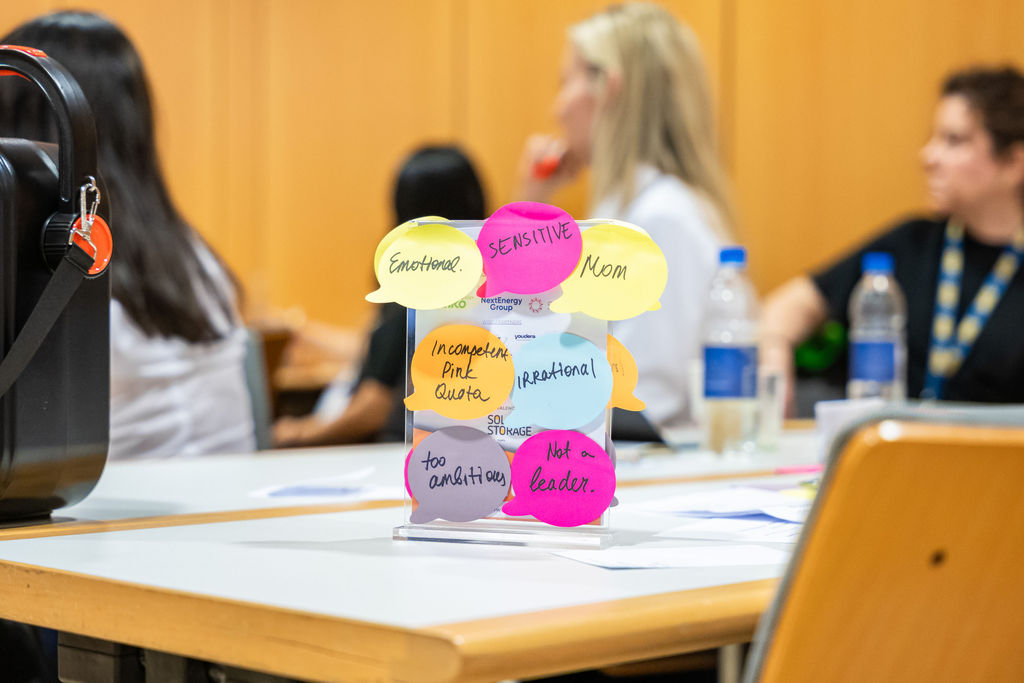
This week, WiSEu Network – Women in Solar+ Europe reflects on SolarPower Europe’s forecast of a 1.4% drop in EU solar growth for 2025, the first decline since 2015, and why this signals more than just a market slowdown. To meet 2030 targets, we don’t just need better strategies; we need a transformation in leadership itself. That means dismantling centuries-old biases that equate leadership with dominance and detachment, and embracing a fuller spectrum of qualities: empathy, collaboration, and emotional intelligence, now recognised as essential for navigating complexity and driving the energy transition.
SolarPower Europe’s latest mid-year market analysis has delivered a wake-up call: EU solar is forecast to shrink by 1.4% in 2025, the first negative growth since 2015. This downturn not only threatens the sector’s momentum but also jeopardises the continent’s 2030 renewable energy targets. In an industry defined by relentless progress, such a reversal signals a deeper truth: technological innovation alone will not secure our future. We must transform the way we lead.
For centuries, leadership has been defined by dominance, detachment, and decisiveness, traits historically coded as masculine. Meanwhile, qualities often attributed to women, empathy, collaboration, and emotional intelligence, were seen as “soft” or even dangerous. Aristotle believed women were biologically inferior and governed by emotion, while Kant argued they lacked the capacity for moral reason, best suited to beauty and obedience. This framing embedded a deep bias into how we evaluate leaders, prioritising one half of the leadership spectrum and sidelining the other.
But what if the very traits long dismissed as weaknesses are, in fact, the leadership strengths we most need today? As our world grows more complex, interconnected, and in need of human-centred solutions, qualities like emotional intelligence, adaptability, and inclusive thinking have moved from “nice-to-have” to absolutely essential.
In Leader as Healer, Nicolas Janni describes the shift from the traditional “executor” leader, operating narrowly through rational strategy and relentless action, to the “healer” leader, who integrates being and doing, intellect and empathy, strategic foresight and deep listening. Executor leaders, while decisive, often disconnect from their emotional and physical selves, leaving little space for receptivity, intuition, or authentic collaboration. By contrast, the healer leader embraces the full human bandwidth, cultivating presence, embodiment, and a sense of service that inspires true engagement.
This shift is critical in today’s environment, which is not only volatile, uncertain, complex, and ambiguous (VUCA), but also brittle, anxious, non-linear, and incomprehensible (BANI). The projected solar slowdown is not a simple technical glitch; it is a complex challenge at the intersection of supply chain fragility, policy uncertainty, market shifts, and social trust. Narrow, executor-only leadership may optimise short-term outputs, but it will not deliver the depth of innovation, cooperation, and resilience the sector needs.
Bias awareness is central to this transformation. If we continue to unconsciously associate leadership potential with historically masculine-coded traits, we will keep overlooking exceptional talent, often women, whose empathetic, collaborative, and integrative leadership styles are exactly what today’s complexity demands. This is not about replacing one style with another; it is about valuing the full spectrum of leadership capacities and promoting those who can operate holistically.
Purpose also plays a defining role. As Rutger Bregman argues in Moral Ambition, many of us in the solar and renewable energy industries are driven by more than business metrics. We are here to use our skills and influence to tackle global challenges, blending idealism with ambition. Bregman challenges conventional definitions of success, urging us to measure it by our contribution to the greater good, not just personal or corporate gain. He reminds us that moral ambition requires both courage and discernment, the same qualities that define the healer leader.
In practice, this means leaders must:
- Hold complexity without rushing to oversimplify, embracing ambiguity as a source of creativity.
- Listen deeply and empathetically, ensuring all voices are heard and valued.
- Stay grounded and present, making decisions with clarity even under pressure.
- Align ambition with service, ensuring organisational goals contribute to societal and planetary well-being.
The solar sector’s road to recovery from the projected 1.4% dip will depend on leaders who can combine strategic sharpness with human depth. We need decision-makers who are as comfortable in a boardroom analytics review as they are in a candid, empathetic conversation with their teams; leaders who measure success not only by megawatts installed, but by the resilience, trust, and creativity they foster in the process.
A crucial but often overlooked element of this is self-care and mindfulness. Leaders who are constantly in “execution mode” risk burnout, tunnel vision, and reactive decision-making. Mindfulness practices, from daily reflection to intentional pauses before high-stakes discussions, help leaders stay grounded, present, and able to access both rational analysis and intuitive insight. Self-care is not indulgence; it is the maintenance of the clarity, resilience, and emotional balance required to inspire others and hold steady in uncertainty. In a sector as fast-moving and high-pressure as solar, this inner steadiness is not a luxury; it is a leadership imperative.
If we want to meet our 2030 targets, and beyond that, create an energy transition worthy of the name, we cannot afford to let outdated leadership archetypes dictate our future. It is time to dismantle the biases that limit our talent pool, embrace leadership that is both executor and healer, and channel our moral ambition into lasting impact. The energy transition is a leadership transition, and it must be inclusive, integrated, and deeply human.
Interested in joining other women industry leaders and experts at Women in Solar+ Europe? Find out more: www.wiseu.network
What's Your Reaction?







